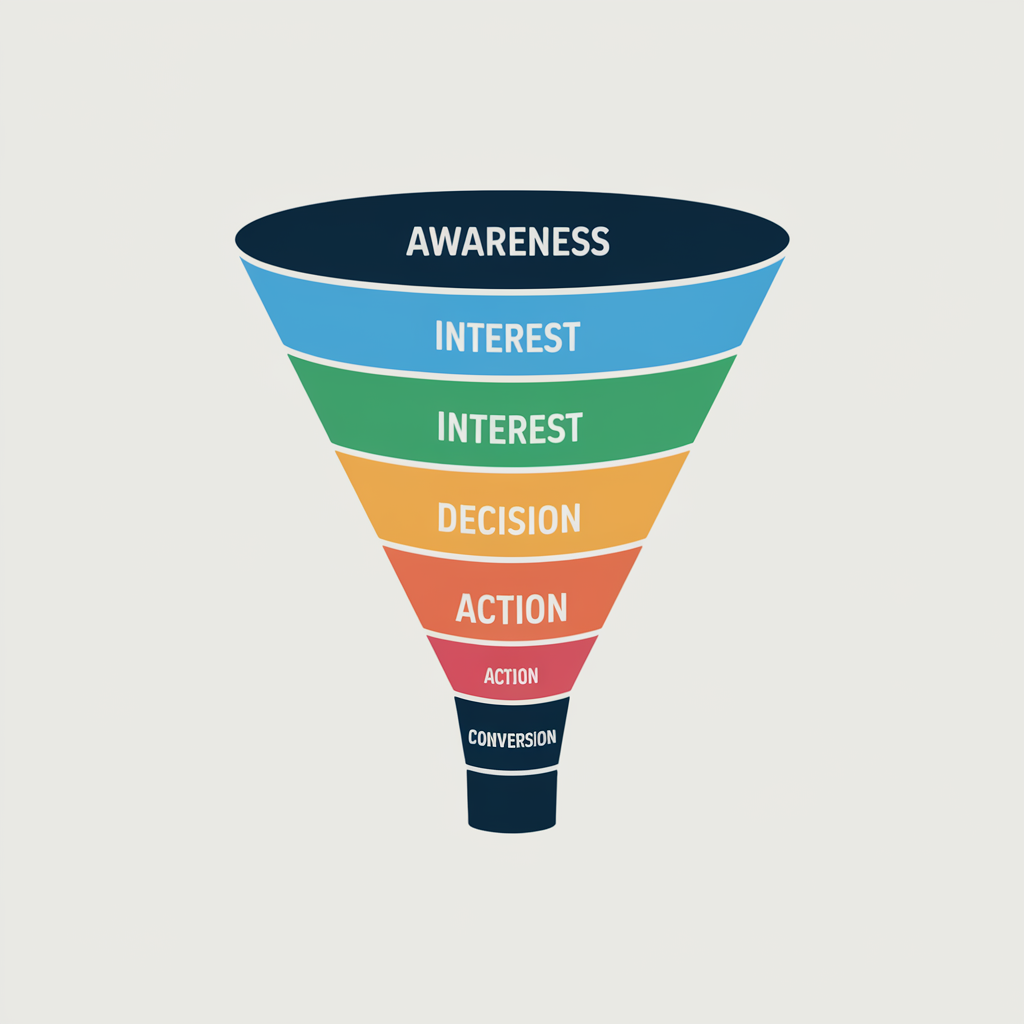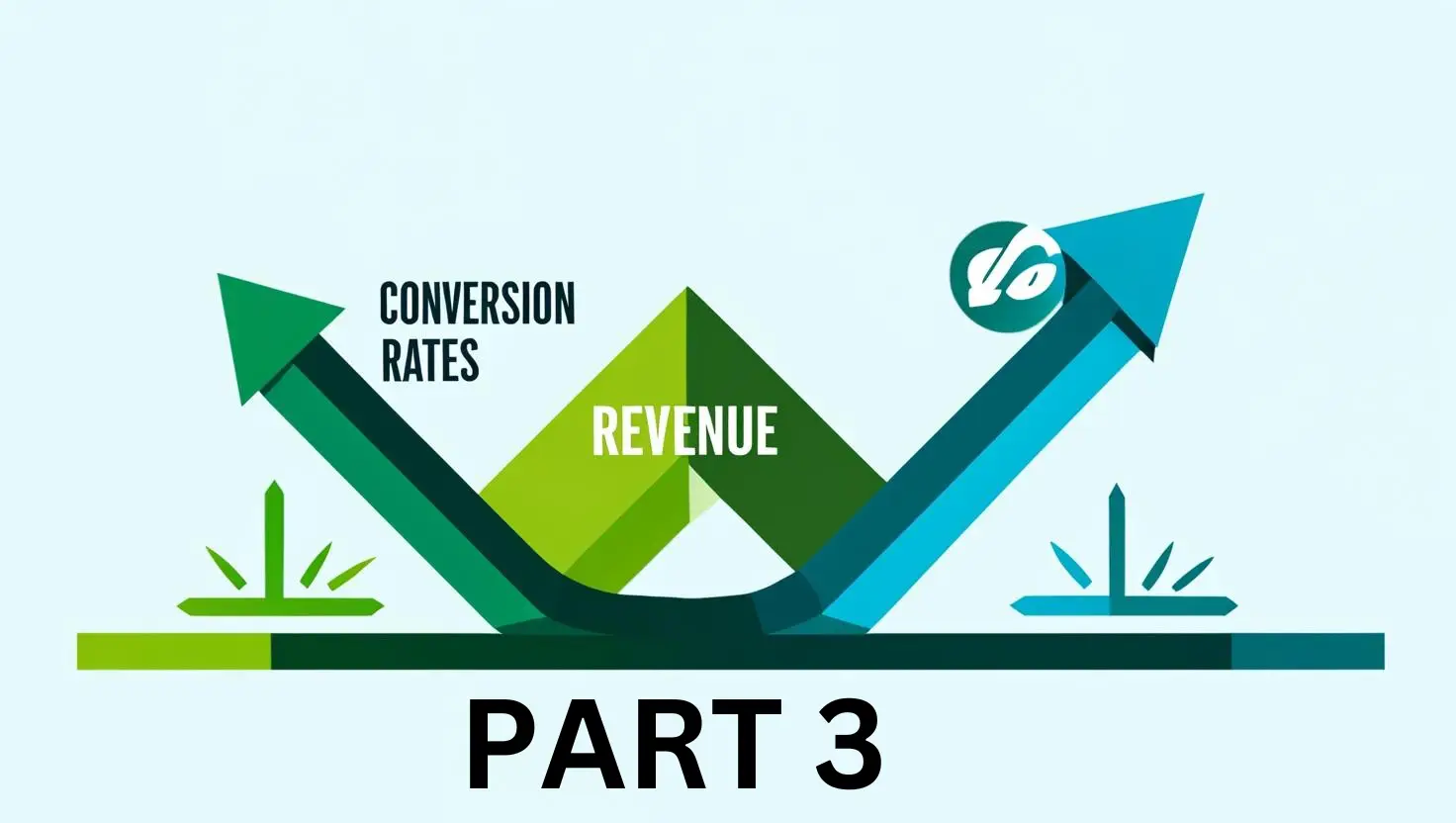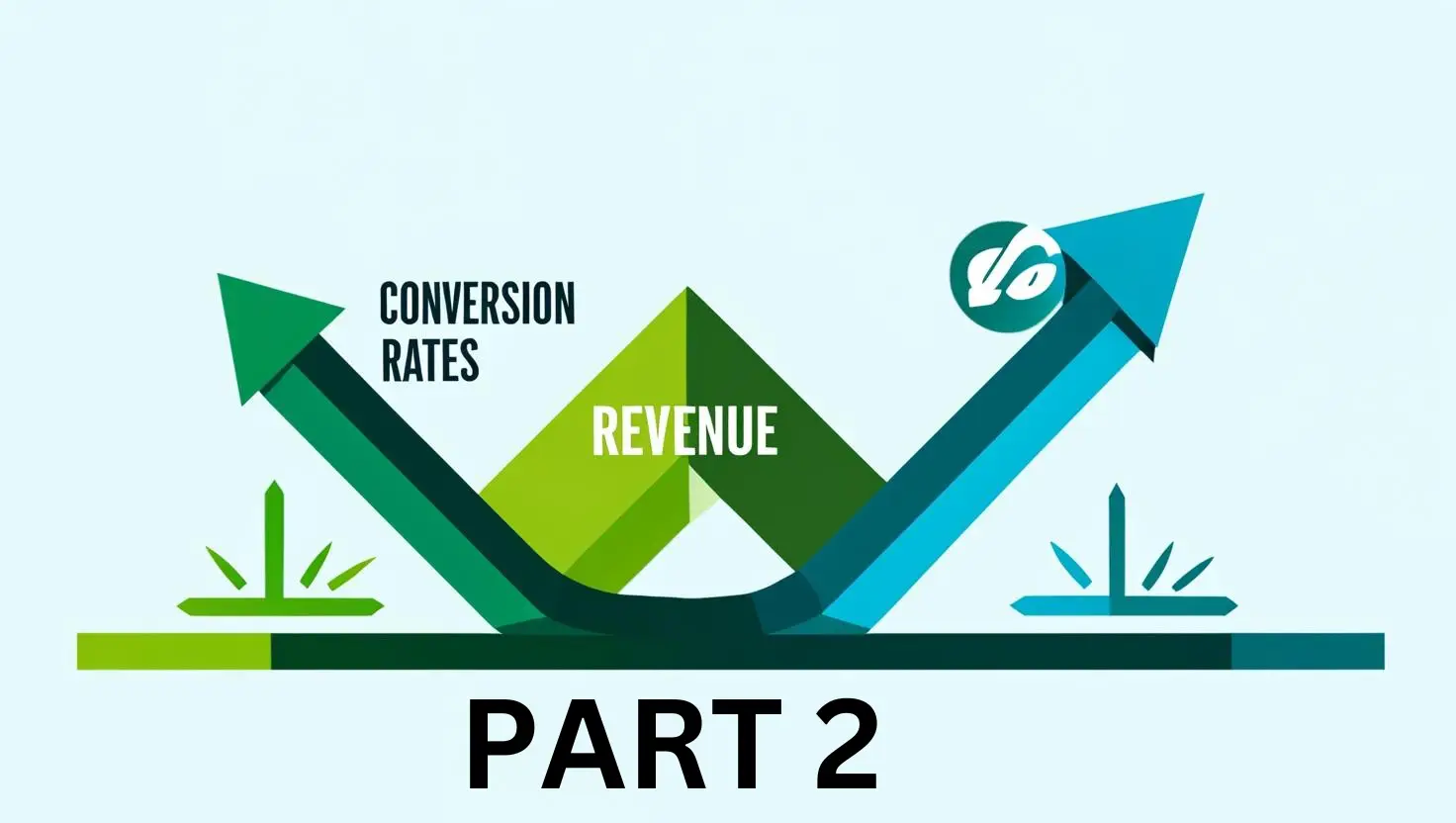Understanding the different types of affiliates and where they fit within the marketing funnel allows small businesses to create more targeted, effective affiliate programs. By leveraging the right mix of affiliates – ranging from content creators who build awareness to deal sites that close sales – businesses can enhance their existing marketing efforts, improve brand visibility, and drive measurable results. An effective affiliate marketing strategy ensures reaching potential customers at every stage of their journey, ultimately boosting conversions and building long-term brand loyalty.
Types of affiliates and their roles within the marketing funnel:
Content Affiliates -Top of Funnel (Awareness)
- Examples: Bloggers, content creators, YouTubers, and niche websites.
- Role: Content affiliates focus on creating informative, educational, or entertaining content that introduces a brand to a broad audience. They are crucial in the awareness stage as they drive traffic through articles, videos, and other content formats. These affiliates often provide value through in-depth reviews, comparisons, or how-to guides that help potential customers learn about your brand.
Value: They build trust and credibility by offering unbiased perspectives, often influencing early-stage buyers who are researching solutions.
Influencers – Top and Mid Funnel (Awareness and Consideration)
- Examples: Social media personalities on Instagram, TikTok, Facebook, LinkedIn, and other platforms.
- Role: Influencers bridge the gap between awareness and consideration. They introduce brands to their followers and provide personal endorsements that often resonate more than traditional advertising. Influencers can demonstrate products, share personal experiences, and engage directly with their audience through comments and live sessions, moving potential customers closer to a purchase decision.
Value: Influencers help humanize the brand and create a personal connection, which can significantly impact buying decisions.
Review Sites and Comparison Websites – Mid Funnel (Consideration)
- Examples: CNET, Wirecutter, niche comparison sites, and customer review platforms.
- Role: These affiliates are instrumental during the consideration stage, where potential buyers are comparing options and seeking validation. Review sites provide detailed assessments, comparisons, and rankings that help prospects weigh the pros and cons of different products or services.
Value: By providing unbiased reviews and side-by-side comparisons, these affiliates help build trust and guide potential customers toward a purchase decision.
Coupon and Deal Sites- Bottom of Funnel (Decision)
- Examples: RetailMeNot, Honey, Groupon, and Slickdeals.
- Role: Coupon and deal sites play a pivotal role in the decision stage. They appeal to price-sensitive customers who are ready to buy but looking for the best deal. These sites can drive a significant amount of traffic and conversions by offering exclusive discounts, promo codes, or special offers.
Value: They provide the final push for buyers on the fence, often converting hesitant shoppers by appealing to their desire for value and savings.
Loyalty and Cashback Affiliates- Bottom of Funnel (Decision)
- Examples: Rakuten, Swagbucks, and TopCashback.
- Role: Loyalty and cashback affiliates focus on the decision stage, encouraging customers to complete their purchases through financial incentives. They offer cashback, points, or rewards for shopping through their links, which can be particularly attractive to repeat buyers and high-value customers.
Value: These affiliates help drive conversions by providing added value to purchases, increasing the likelihood of repeat business and customer loyalty.
Email Marketers and List Affiliates – Mid to Bottom Funnel (Consideration to Decision)
- Examples: Email newsletters, subscription-based content creators, and dedicated list owners.
- Role: Email affiliates leverage their subscriber lists to promote products directly to a targeted audience. These affiliates can nurture prospects through personalized content, recommendations, and exclusive offers. They often work well in the consideration and decision stages, converting prospects who have already shown some level of interest.
Value: Email marketers can provide a highly targeted and personalized approach, helping to move prospects through the funnel with direct and compelling calls to action.
Paid Media Affiliates – All Stages (Awareness, Consideration, and Decision)
- Examples: PPC affiliates, media buyers, and social media advertisers.
- Role: Paid media affiliates use advertising methods like pay-per-click (PPC), display ads, and social media advertising to drive traffic at every stage of the funnel. They can create awareness through display ads, guide consideration with retargeting ads, and drive decisions through highly targeted search ads.
Value: These affiliates provide scalability and quick results, but they require a careful approach to managing ad spend and targeting to ensure profitability.
B2B Affiliates -Mid to Bottom Funnel (Consideration to Decision)
- Examples: Industry blogs, B2B review sites, SaaS consultants.
- Role: B2B affiliates are specialized partners who target business decision-makers. They often promote high-value, niche products through in-depth content, webinars, and case studies. These affiliates guide potential clients through a longer consideration phase, providing detailed insights that help businesses make informed purchasing decisions.
Value: B2B affiliates help in complex buying processes, providing credibility and expertise that can shorten the sales cycle and increase conversion rates.


